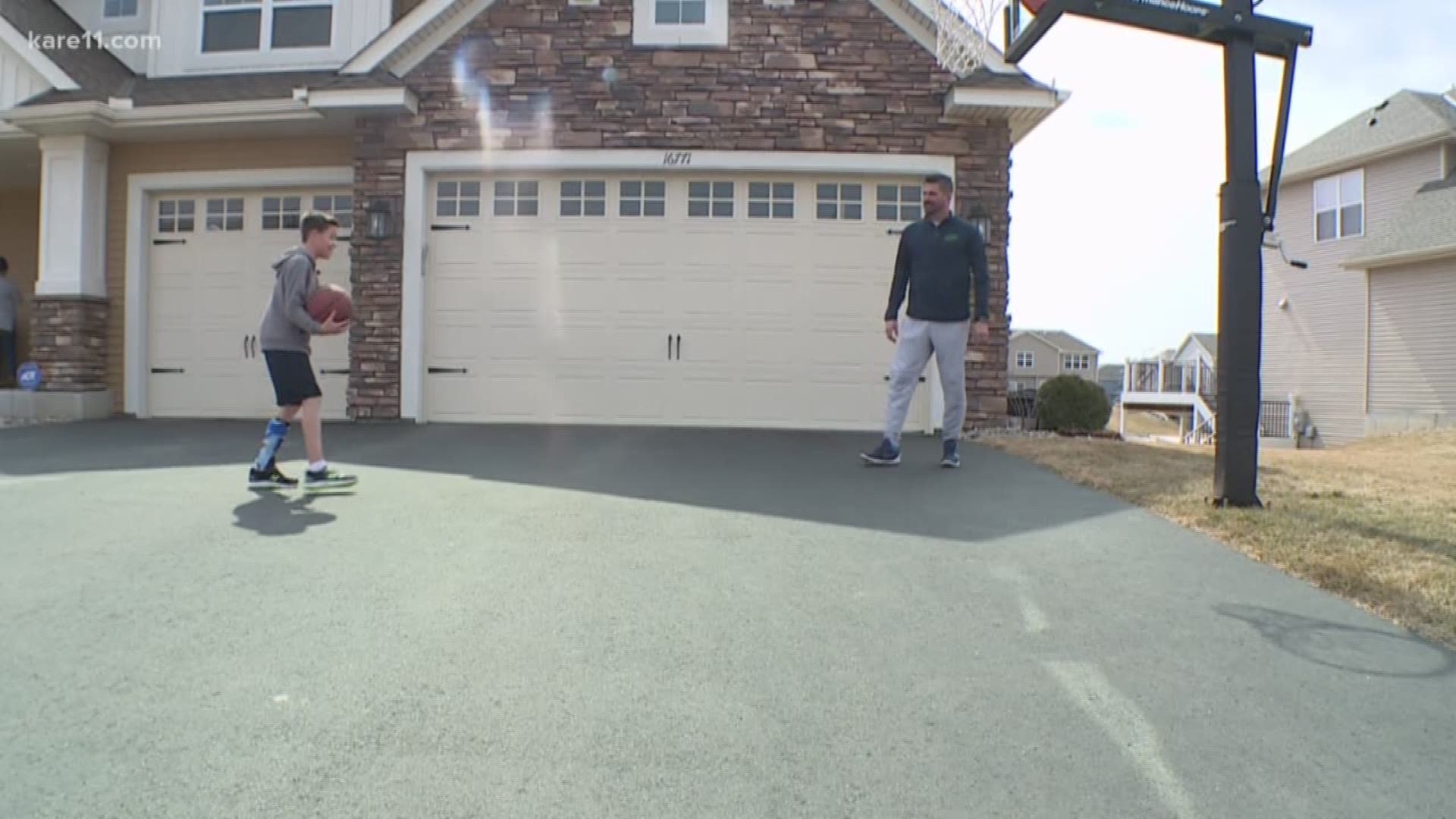President Trump announced Thursday afternoon that his administration would be backing off its proposal to cut Special Olympics funding from the Department of Education's budget.
Prior to Thursday's decision, Education Secretary Betsy DeVos faced criticism over major cuts in her agency's proposed budget for 2020. Social media had been flooded with posts claiming the initial proposal would cut all the funding to the Special Olympics.
Even without Trump's pledge to fund the Special Olympics, lawmakers indicated the proposal to cut Special Olympics funding wasn't going to stand.
THE QUESTION:
Did the Department of Education's budget for 2020 actually cut Special Olympics funding? If approved, would it get rid of all federal funding from the program?
THE ANSWER:
Yes, if approved, the budget proposal presented by Betsy DeVos would have eliminated $17.6 million in funding for the Special Olympics.
But, it was only a proposal and lawmakers on Capitol Hill have said this week it was unlikely to be approved in that form.
Following days of criticism, Trump spoke out Thursday on the proposed cut and declared: “I have overridden my people. We're funding the Special Olympics."
Even if those initial cuts had been approved, the federal government still sends funding to the Special Olympics through the Department of Health and Human Services as well.
WHAT WE FOUND:
DeVos and the Department of Education pitched their 2020 budget proposal in early March. Page 49 lists "Programs proposed for elimination." On that list, "Special Olympics Education Programs."
According to the budget, the proposed cut would have saved about $17.6 million.
We can VERIFY that next year's initial budget proposal for the Department of Education recommended cutting its Special Olympics funding by about $18 million.
DeVos justified the proposed cuts to Special Olympics in a March 27 statement:
"It is unacceptable, shameful and counterproductive that the media and some members of Congress have spun up falsehoods and fully misrepresented the facts...The Special Olympics is not a federal program. It's a private organization. I love its work, and I have personally supported its mission. Because of its important work, it is able to raise more than $100 million every year. There are dozens of worthy nonprofits that support students and adults with disabilities that don't get a dime of federal grant money. But given our current budget realities, the federal government cannot fund every worthy program, particularly ones that enjoy robust support from private donations."
It's true the Special Olympics brings in more than $100 million annually. The most recent financial reporting by Special Olympics, Inc. comes from 2017. It shows $148.7 million in revenue, with only about $15.4 million of that coming from federal grants.
That's about 10 percent of their revenue.
DeVos has proposed removing funding for the Special Olympics in her last two budget proposals as well, but in both cases, the proposal was removed in the final budget.
Even if this current proposal was approved, it wouldn't remove all federal funding from the Special Olympics. Tracking data kept by the Department of Health and Human Services shows that the non-profit has received more than $30 million from DHHS since 2016. For 2019 alone, it received $9.8 million.
We can VERIFY that the 2020 budget proposal from Devos would eliminate roughly $18 million in Special Olympics funding from the Dept. of Education if passed. However, any claims that her proposal would remove all federal funding from the non-profit is false.
With Trump’s recent statement against the proposal, it’s likely the cut will be removed from the budget before it's finalized, just like what happened in 2018 and 2019.

